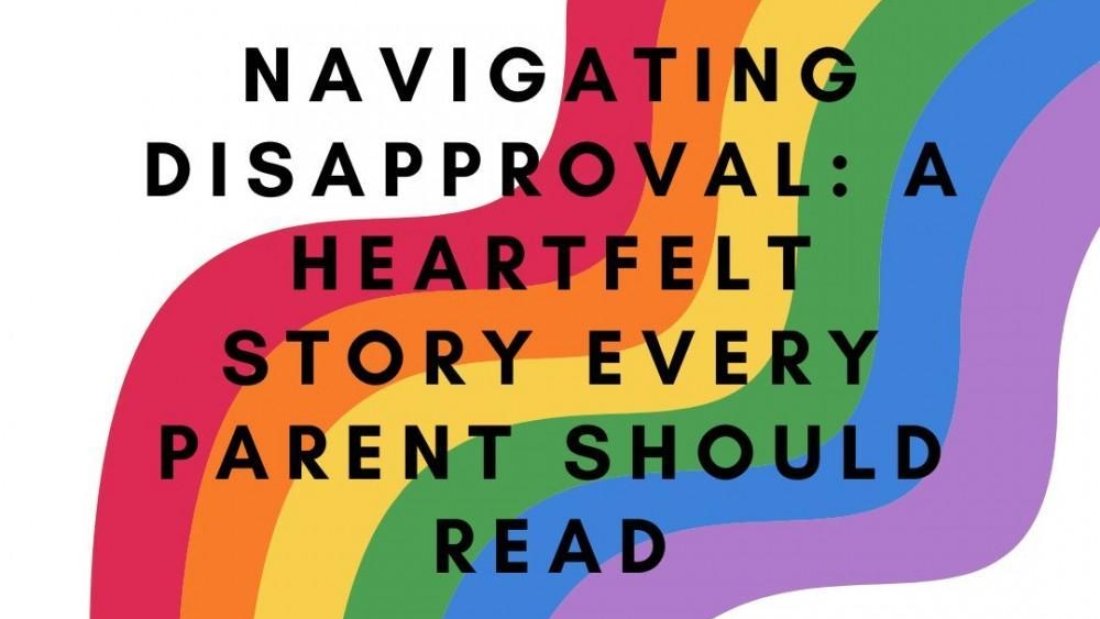Parenting has never been a walk in the park, but when life throws a curveball like not agreeing with your child’s same-sex mate, the challenge can feel overwhelming. First and foremost, take a deep breath. While it’s natural to feel a whirlwind of emotions, it’s crucial to handle the situation with love, respect, and open communication.
When Susan discovered her son, Alex, had a same-sex partner she didn’t approve of, she felt her world turn upside down. But after a moment of reflection, she realized this was an opportunity to strengthen their bond rather than sever it. Here is what she decided to do, and perhaps these strategies can help other parents navigate similar waters.
Firstly, it’s essential to separate the person from the relationship. Reflect on why you don’t agree with your child’s mate. Is it rooted in genuine concerns about their behavior and character, or are personal biases clouding your judgment? By focusing on specific behaviors rather than the individual’s sexual orientation, parents can address the real issues at hand without alienating their child.
Susan found it helpful to educate herself. By reading books, attending workshops, and joining support groups, she gained insights into Alex’s world and the challenges he faced. Understanding can build bridges where walls once stood.
Open the lines of communication. Rather than enforcing your viewpoints, ask questions and truly listen to your child’s perspective. This dialogue doesn’t mean you have to agree, but it shows respect and fosters mutual understanding. Phrases like “Help me understand why you feel this way” can replace “I think you’re making a mistake” — the former opens a conversation, while the latter shuts it down.
Focus on the positives. Celebrate the qualities you appreciate in both your child and their partner. Maybe their partner makes your child laugh, or perhaps they share common interests like hiking or cooking. Finding common ground can soften initial resistance.
It’s also vital to set boundaries. If Susan had concerns about her son’s partner’s behavior, she addressed these instead of attacking the relationship. Clear communication about what is and isn’t acceptable can be pivotal.
And finally, love unconditionally. Remember, your child is still the person you’ve nurtured and loved. Maintain your relationship and let them know they are supported, even if you don’t see eye to eye. As Susan discovered, time, patience, and unwavering love often reveal the depth of family bonds.
Your child’s journey may not be the one you envisioned, but by choosing a path of understanding and compassion, parents like Susan can find peace and acceptance — a gift for the entire family.


Leave A Comment